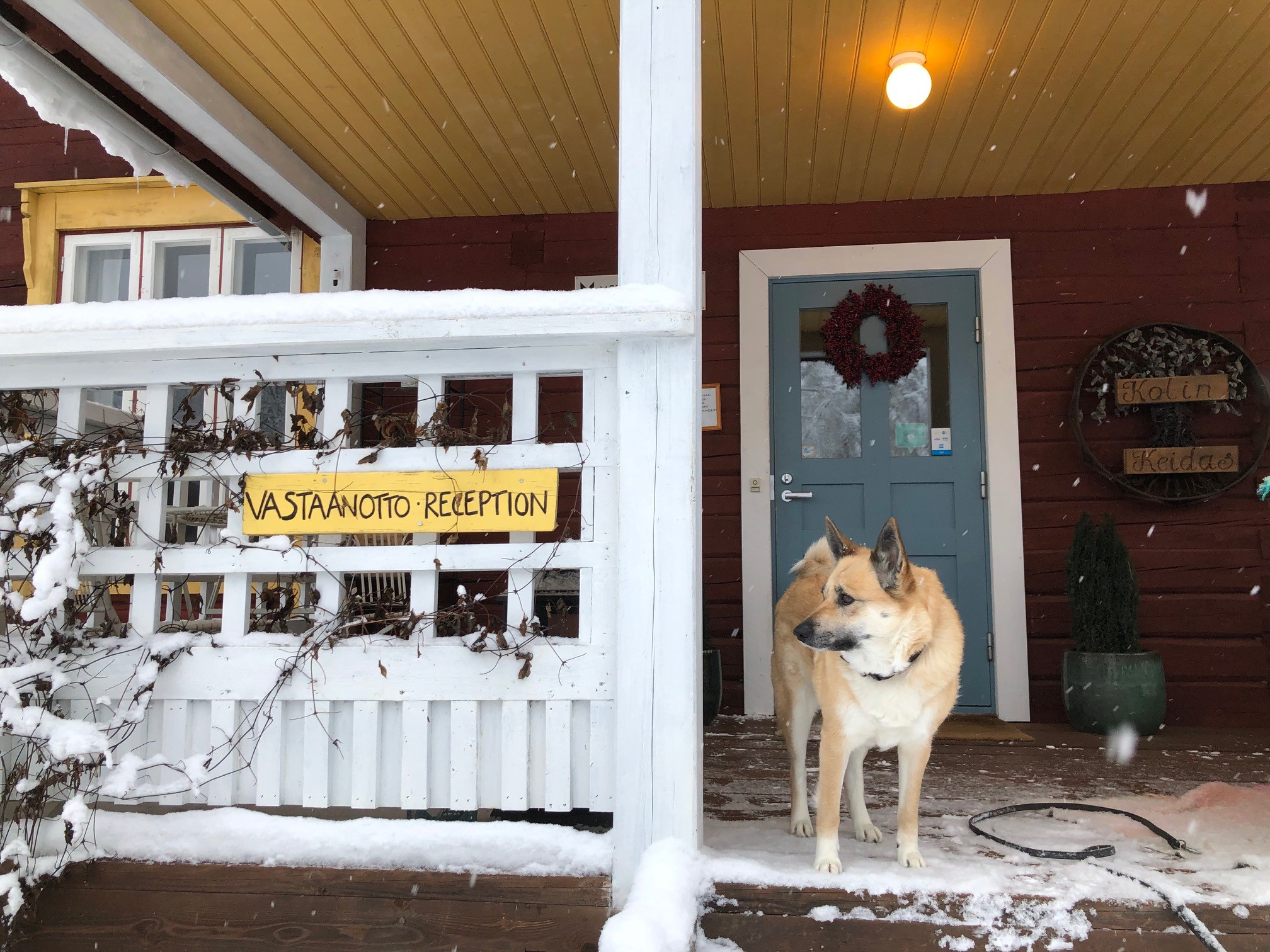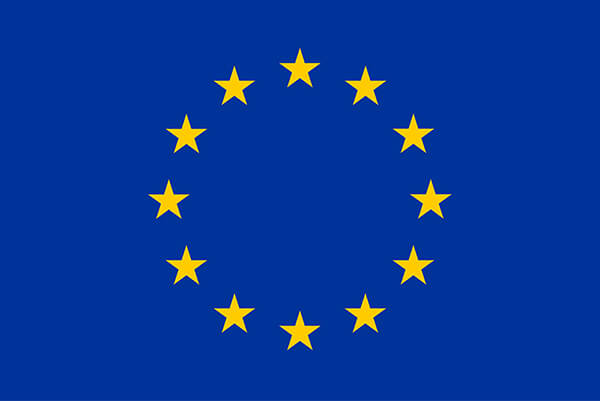Kolin keidas B&B focuses on sustainable eco/nature tourism

Kolin keidas is a joint-stock company serving B&B services in Koli nature park just several minutes’ walk from the Koli tourism Centre. The place used to be a farm since mid-18th century and is currently known as Mattila. The farm was left abandoned in 1985 and later bought by Metsähallitus (Finnish Forest and Park Service) who now rents out the facilities to Kolin keidas, a company which provides its visitors with accommodation, café and lunch and dinner services as well as wellness activities. It also upkeeps a writer residency.
NatureBest -project workers, visited Kolin keidas in January - outside the tourism season. In fact, it was closed for the month. The main season for the company is from early summer to early autumn. During the season, the company estimates to have accommodated over a thousand person nights. Most visitors come from Southern Finland, especially from Helsinki, but it attracts foreign visitors, too.
Eco-friendliness is a value the Kolin keidas cherishes. This includes buying renewable electricity, heating with wood (that’s taken from nearby forests) and sorting wastes. Also, the food served is mostly vegetarian, however, beef is also made available. Last but not the least, there are outhouses instead of water closets. This saves water, minimizes nutrient runoffs and renders circulating nutrients for gardening. Further, Kolin Keidas offers no fuel-consuming activities which, say skidoo safaris for example, could be a major source of destination-related greenhouse gas emissions.
In overall, travelling to and from the travel destination usually causes the largest environmental footprint in terms of greenhouse gases, leaving the rest, e.g. food and accommodation, into a marginal. For example, in the case of Koli, assuming a couple coming from Helsinki for a weekend vacation, over 90 % of the greenhouse gases originates from driving a car. In this example, the distance was a 500-km round-trip of two people in a shared car. In a same amount of time, people in airport vicinity could just as well take a few hours’ flight abroad to enjoy their weekend. In comparison with driving a car to Koli, a round trip flight to Vienna for two people would cause 700 kg CO2-eq. of emissions in total and 210 kg CO2-eq. for driving a car to Koli, respectively. Given the dominance of reaching the destination in the travel-related emissions, we should focus on choosing environmentally least burdening means of transport. Also, having longer stays instead of frequent traveling is an efficient way to reduce emissions.





